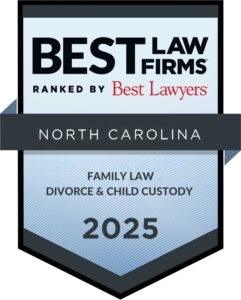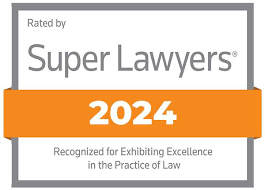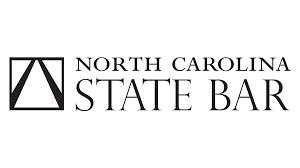Greensboro Collaborative Divorce Lawyer
North Carolina Family Law
Greensboro Collaborative Divorce Lawyer: team-based settlement without court
Resolve property, support, and parenting issues through the collaborative process in Greensboro, NC. As your collaborative divorce attorney, we use structured meetings, full financial disclosure, and neutral professionals to reach durable consent orders and separation agreements—without contested hearings.

Collaborative divorce counsel in Guilford County
Krispen Culbertson has practiced in Guilford County District Court for 20+ years, helping families settle equitable distribution, alimony, custody, and child support with the collaborative model. We convert agreements into clear orders clerks, payroll, banks, and plan administrators can follow.
Fast answers
NC law supports collaborative divorce by written participation agreement; if the process ends, both collaborative lawyers must withdraw before any court hearing.
Use collaborative law to settle property (Equitable Distribution), alimony/postseparation support, custody, and child support. The absolute divorce (status) is filed separately.
Full financial disclosure is required; meetings are confidential/privileged with narrow statutory exceptions.
Optional neutrals: financial neutral (CDFA/CPA), child specialist, or a divorce coach to streamline sessions.
Greensboro & High Point calendars accept collaborative settlements as consent orders or incorporated agreements.
What a “Greensboro collaborative divorce lawyer” helps you resolve
Collaborative divorce is a structured, non-adversarial process where both spouses and their lawyers sign a collaborative participation agreement, commit to full disclosure, and negotiate in a series of agenda-driven meetings. When settlement is reached, we draft and file consent orders and a separation agreement so the court can enter them without contested hearings.
Collaborative divorce steps
Your collaborative team
- Two collaborative lawyers — advise each client, maintain ground rules, and focus on settlement.
- Financial neutral (CDFA/CPA) — organizes disclosures, models options (buyouts, offsets, QDROs), and clarifies tax effects.
- Child specialist — gives child-focused input for schedules, transitions, and school/holiday plans.
- Coach/facilitator (optional) — helps communication and keeps sessions efficient.
What to prepare
- Recent pay stubs, W-2/1099, and latest federal/state tax return
- Budget (housing, childcare, healthcare, transportation)
- Statements for mortgage/lease, bank/credit cards, retirement, brokerage, stock awards
- Property list with values and debts (home, vehicles, business interests)
- Parenting time calendar (last 60–90 days) and proposed schedule
- Any prior orders or written agreements
Collaborative vs. mediation vs. court
Collaborative law — each spouse has a settlement-only lawyer; structured meetings; lawyers withdraw if litigation starts.
Mediation — neutral mediator facilitates; lawyers may or may not attend; no withdrawal requirement.
Court (litigation) — formal discovery, motions, and hearings; judge decides unresolved issues.
Short-term arrangements during the process
- Temporary budgets and bill-pay plans
- Interim parenting schedules and exchanges
- Document timelines, valuation dates, and a roadmap to final orders
Fees & efficiency
We quote clear retainers for collaborative representation. Using neutrals to consolidate data and draft options often lowers overall cost and time to a signed agreement compared to contested hearings.
Safety & suitability
- Not ideal where domestic violence or coercive control is present. In those cases, we assess safer alternatives and, when needed, pursue a 50B protective order.
- If the process terminates, collaborative lawyers withdraw and new counsel handles any litigation.
FAQs — Greensboro Collaborative Divorce
Is collaborative divorce recognized in North Carolina?
Can we resolve the entire case collaboratively?
What happens if the process fails?
Are collaborative communications confidential?
How is collaborative different from mediation?
Why Greensboro families choose our collaborative approach
- 20+ years on Guilford County family court calendars
- Structured agendas, full disclosures, and clear drafting that avoids repeat hearings
- Access to trusted financial neutrals and child specialists
- Settlement-first mindset; focused trial planning only if needed
- Straightforward fees and steady communication
Visit Our Greensboro Office
315 Spring Garden St Ste #300, Greensboro, NC 27401
Phone: (336) 272-4299
Hours: Mon–Fri 8:30 AM–5:00 PM
Areas we serve: Greensboro (Downtown, Fisher Park, Irving Park, Lindley Park, Adams Farm, Sedgefield, Lake Jeanette), High Point, Jamestown, Summerfield, Oak Ridge, Burlington, and greater Guilford County.


Contact us now
book consultation







No Comments
Sorry, the comment form is closed at this time.